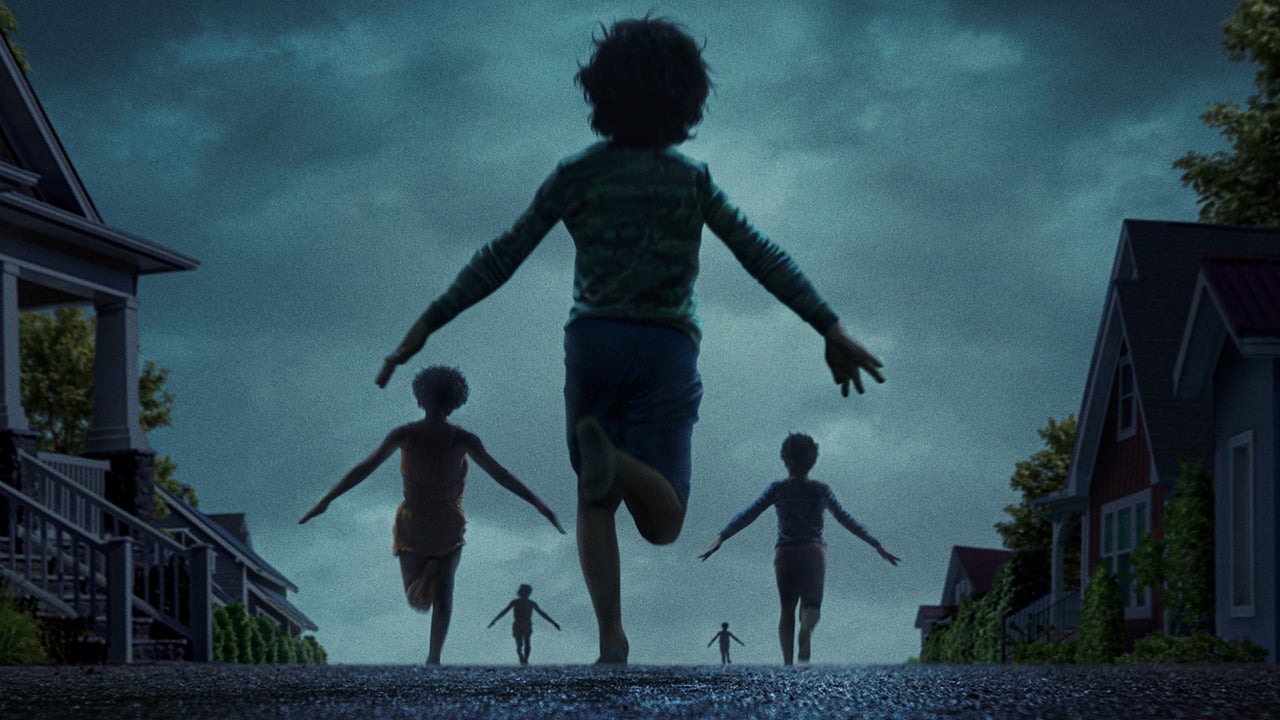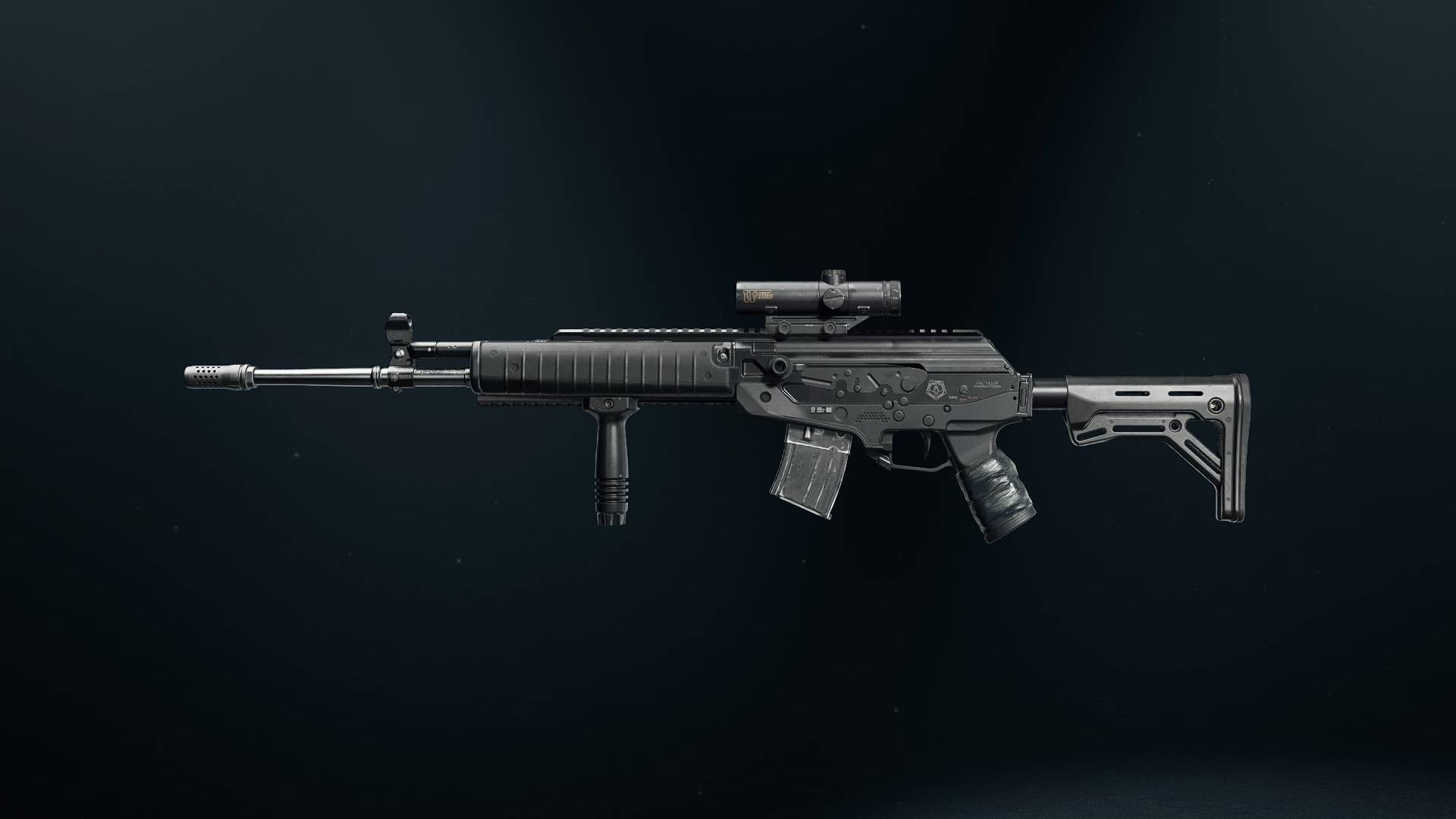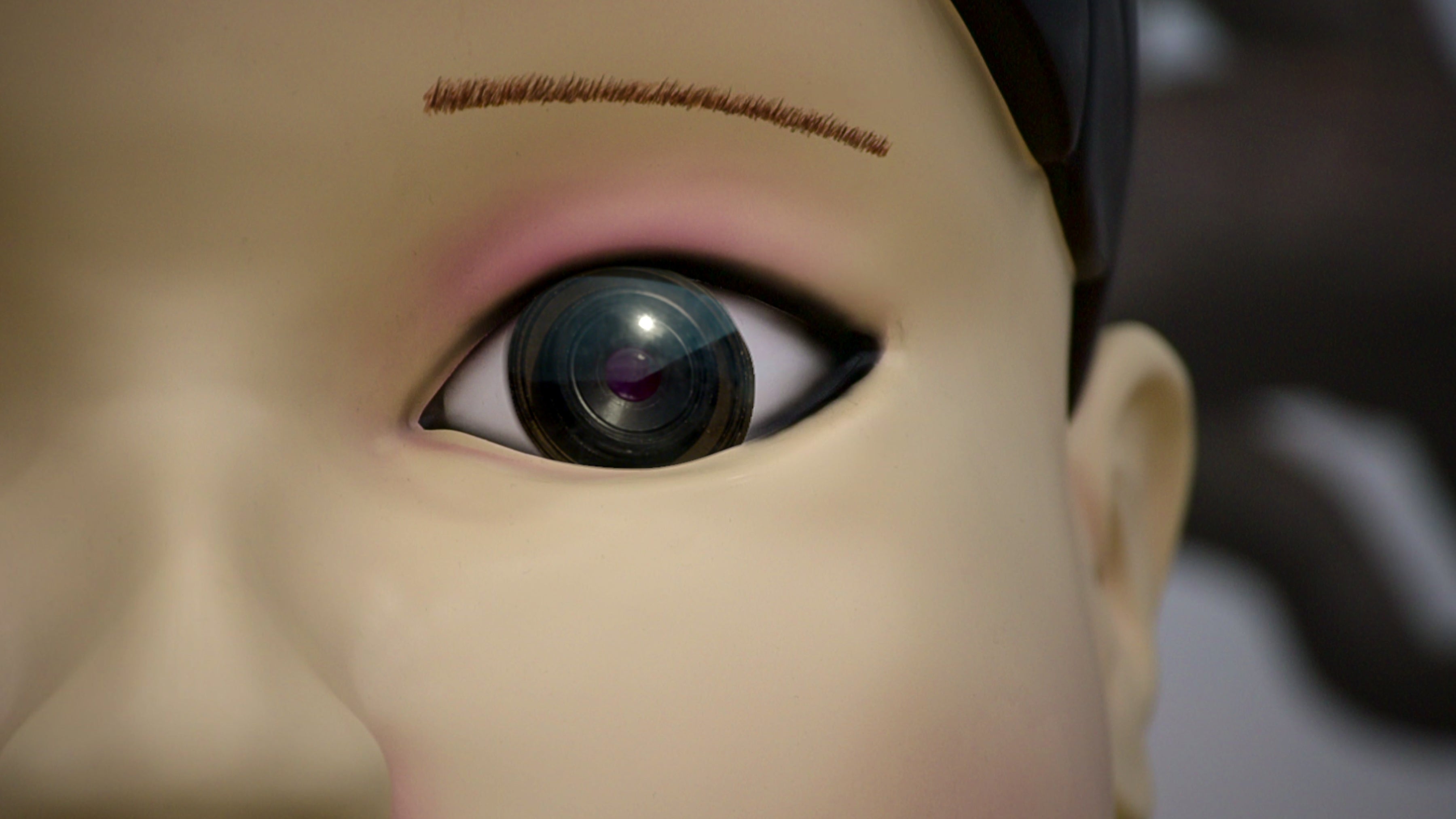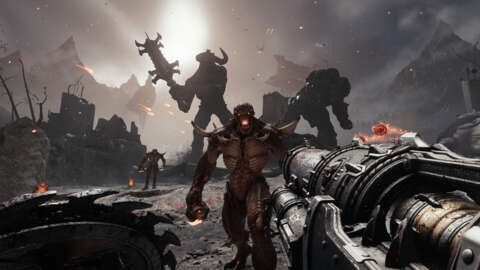
Weapons opens in theaters Friday, August 8.
Zach Cregger made a splashy foray into horror with 2022’s Barbarian, a shape-shifting slow-burn full of satisfying twists and well-pitched dark humor that invited hair-raising questions about what may be going on behind your neighbor’s door (or indeed, inside their basement.) His new movie, Weapons, may be rooted in similar themes, but Cregger has refined his touch here, crafting an absolutely delicious, scary-yet-funny blockbuster that never lets up.
A testament to the power of a good hook, Weapons opens by laying out its central mystery: Why did nearly 20 kids, all from the same classroom in the small town of Maybrook, suddenly awake one night, leave their homes, and disappear into the darkness? Recounted in hushed, around-the-campfire tones, the story has a feeling of urban myth, which is reinforced by a haunting montage of children streaming into the street, arms straight out at their sides like effed-up little airplanes. The eyes of Maybrook naturally turn to the missing kids’ teacher, Justine Gandy (Julia Garner), who has a checkered past when it comes to respecting boundaries with her pupils; during a meeting between parents, teachers, and police, Justine is chased out of the room following accusations from one of the grieving fathers, Archer (Josh Brolin). All of that is covered in the first few minutes of Weapons, and it makes up the bedrock that’s revisited time and again across its 128-minute runtime. It’s also every part of the plot that’s safe to discuss without ruining all the clever turns that lie ahead.
From that primal starting point, Weapons unfurls itself in time-hopping chapters that afford the story a tremendous sense of scope in spite of its relatively diminutive setting. Each segment takes its time to dig into how the disappearances have affected the lives of those closest to the situation, and Cregger takes care to introduce the audience to the characters in quiet, personal moments of struggle. No one person’s perspective feels more important than any other’s; what’s revealed by these various vantage points makes us constantly reassess our own view of Weapon’s bigger picture.
But as useful as the chapter structure is for giving the characters a common level of depth, Cregger wields it most effectively to ratchet tension. With each chapter illuminating some new clue or development, he establishes a potent pattern: build to a fever pitch, then reset. But that tension doesn’t just go away because we’re suddenly in another character’s shoes – it’s being banked for later, to propel Weapons toward a conclusion that’s satisfying even if you manage to suss out where it’s headed. The pieces Cregger has set in motion in both the foreground and background fall into place marvelously, and cascade through an unforgettable finale that more than earns its big-cheer moments.
The tonal command Cregger showed in Barbarian is more focused this time around. In this seamless patchwork of bleak terror and black humor, each trip through a dark house or neighborhood feels equally likely to pay off with a laugh or a scare. And when Cregger chooses violence, he doesn’t disappoint. There are plenty of squirm-worthy moments where sharp things go places they shouldn’t, or characters snap and attack one another with shocking brutality, but there are just as many lingering shots on dread-inducing dangers making their way towards the characters. The result is a movie that feels like Russian roulette for the senses. Cregger’s confidence in his own voice manifests itself in one character and performance with particularly great results – to identify that character and performer would ruin some surprises, but it must be said that they sort of run away with Weapons at a certain point.
From top to bottom, the cast proves adept at performing Cregger’s tonal highwire act, with Julia Garner and Josh Brolin anchoring other focal points like Principal Marcus (Benedict Wong) and town cop Paul (Alden Ehrenreich). Justine may be well-intentioned, but she’s ill-suited to the crisis at hand: Garner foregrounds Justine’s paranoia and jitters, a fragility that’s expertly cut by her blunt interactions with her more dubious neighbors. Justine and Paul have a history that complicates their ability to make good choices together; Ehrenreich keeps this in focus throughout Paul’s chapter of Weapons, ably playing the nuances of his shifting personality.
It’s during that segment that we meet another scene-stealer, transient drug addict James (Austin Abrams). Playing high off his rocker and nervy as hell, Abrams bumbles through some of the most crucial landmarks on the board, providing some of the movie’s only pure comedy moments. Nearly every one of his lines gets a laugh. Cary Christopher also deserves a mention for his wonderful performance as Alex, the only one of Justine’s students who didn’t disappear. Alex is thrust into circumstances that are unquestionably too heavy for someone his age, but Christopher contends with them admirably.
Archer, meanwhile, sits in a comfortable spot for Josh Brolin. The same hot-tempered man who accosts Justine publicly is also a despondent father sleeping in his missing son’s bed, frustrated by a slow-moving police investigation that he outpaces with little effort. In spite of his many missteps, Archer remains easy to root for because Brolin lets enough vulnerability and desperation into his performance.
Cregger’s work is supported at every turn by cinematographer Larkin Seiple. Whether inside homes or out in the neighborhood, Seiple is great at creating pockets of darkness and lines of sight that could conceal any ready-to-pounce threat. But Seiple – best known for his work on Everything Everywhere All at Once – is also very keyed into Cregger’s genre-bent sensibility, and creates a dynamic visual language that leaves enough space for visceral, classic horror imagery as well as flashes of slapstick comedic action. There’s one chase through a gas station that brings both of these elements together beautifully – a prolonged confrontation that borders on farce, but only until the moment the assailant catches up with their target and reality comes crashing in. Cregger and Seiple even get to play in a more impressionistic space during a pair of spooky dream sequences, which each spin up an off-putting and surreal atmosphere that nicely evokes the visual and auditory quirks of a real-life nightmare.















